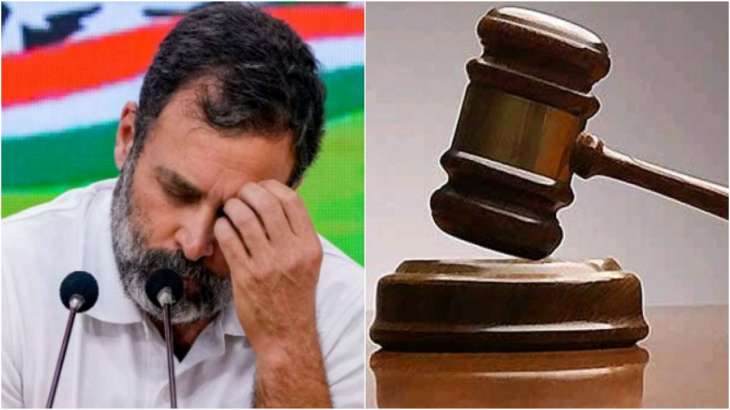The recent disqualification of Rahul Gandhi, a former Congress president and experienced MP, has sent shockwaves through the Indian political landscape. The court’s decision to sentence him to two years imprisonment in a criminal defamation case and his subsequent disqualification from the Lok Sabha represents a watershed moment in Indian parliamentary politics. This event raises the question of whether defamatory statements made by leaders in public events will now be curbed. In this blog post, we explore this possibility and express hope for a more responsible and respectful political discourse in the future.
A Wake-up Call for Indian Politics
Rahul Gandhi’s disqualification from the Lok Sabha following his conviction in a defamation case is an unusual occurrence in India’s political history. The case centered around his remark, ‘How come all thieves have the same surname Modi?,’ which was found to have intentionally defamed individuals with the “Modi” surname. The court’s decision to convict Gandhi and the subsequent disqualification sends a strong message to politicians across the country that derogatory and defamatory statements will not be tolerated.
An Opportunity for Legal and Political Reforms
The Rahul Gandhi case highlights the need for legal and political reforms to address the issue of defamatory statements in public events. Lawmakers should consider revising existing defamation laws to ensure they are fair and effective in dealing with such cases. Additionally, political parties and leaders should work on promoting a culture of mutual respect and constructive dialogue, emphasizing the importance of responsible public communication.
Challenges and the Path Forward
Despite the hope for change, it is important to recognize the challenges that lie ahead. The deeply entrenched culture of negative and defamatory remarks in political discourse may be difficult to uproot. Moreover, political rivalry and the quest for power can lead to instances of using legal frameworks as a tool to target opponents. It is crucial that laws are implemented impartially, and political parties and leaders act responsibly to maintain the integrity of the democratic process.
Conclusion
Rahul Gandhi’s disqualification from the Lok Sabha is an unprecedented event in Indian parliamentary politics, highlighting the need for change in political discourse. While this may act as a catalyst for politicians to refrain from making defamatory statements in public events, it is important to acknowledge the challenges that lie ahead. Legal and political reforms are essential in creating an environment where constructive debates take precedence over derogatory remarks. As conscious citizens, we must continue to hope for a brighter future for Indian politics because hope, indeed, is immortal.
This kind of punishment is necessary to uphold the integrity of political discourse in a democratic society. It serves as a reminder to politicians that they must be responsible for their words and actions, and that defamatory statements can have serious consequences. By holding political figures accountable for their derogatory remarks, the legal system helps maintain a respectful environment for debate and dialogue. This punishment can deter other politicians from engaging in similar conduct and encourage a shift towards more constructive, policy-driven discussions. Ultimately, such punishments are crucial for fostering a healthier political landscape that prioritizes progress and the well-being of citizens. #RahulGandhi







